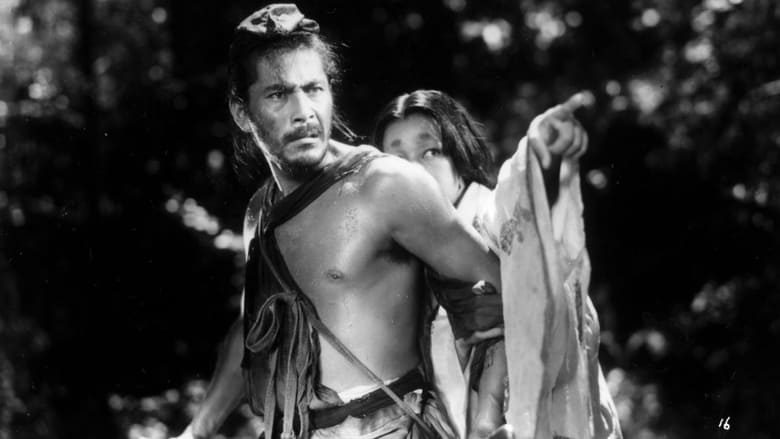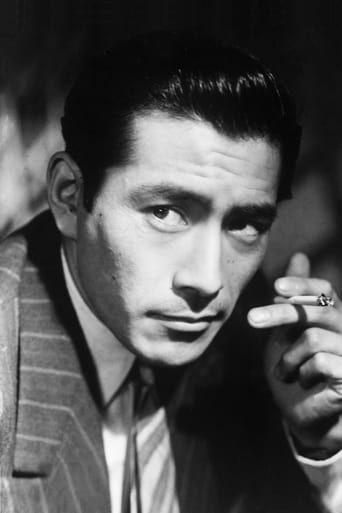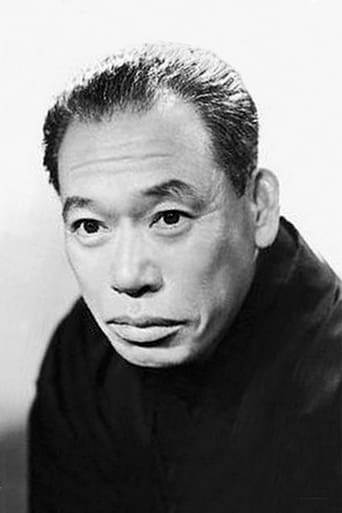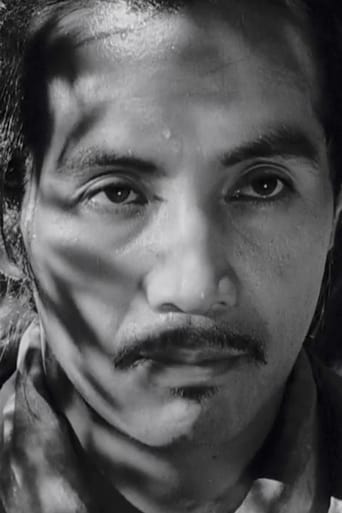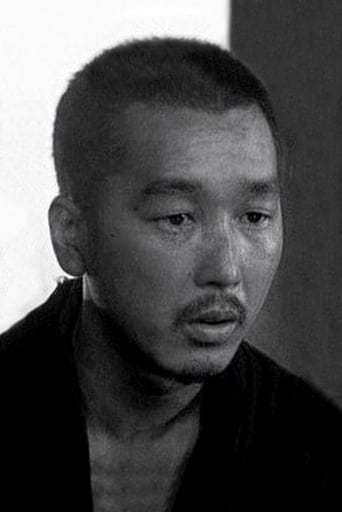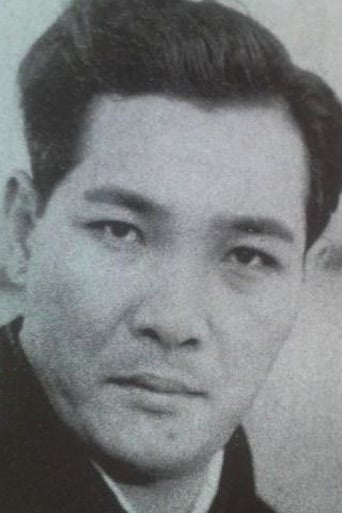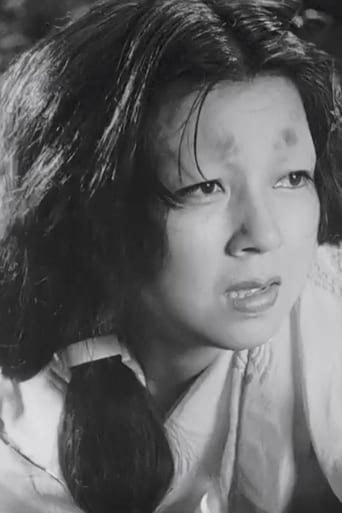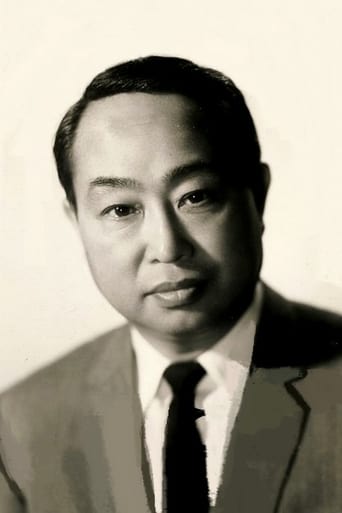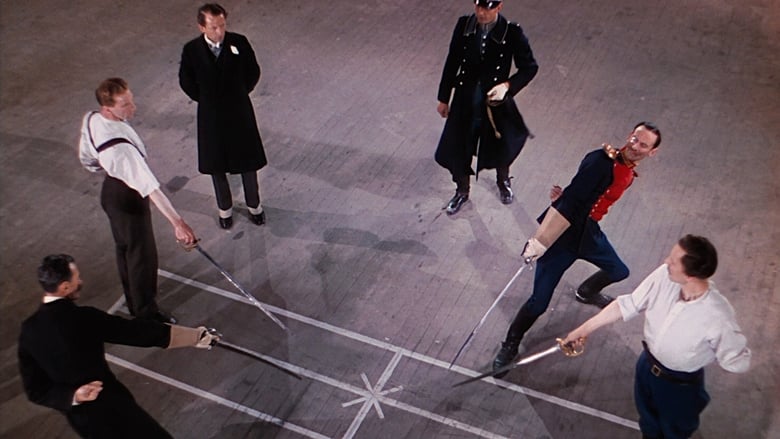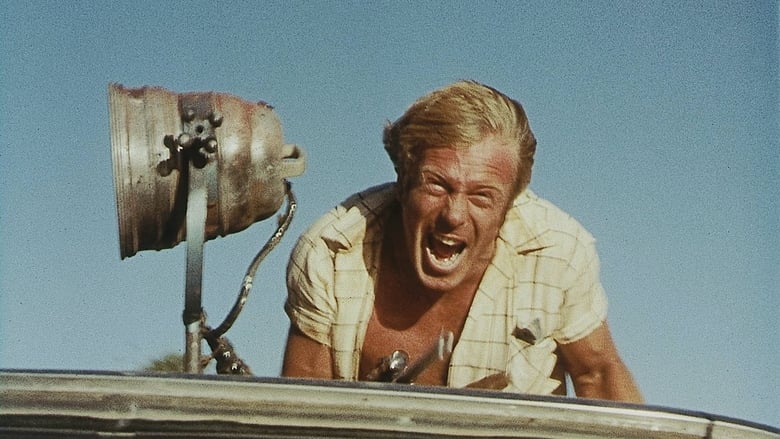Brimming with action while incisively examining the nature of truth, "Rashomon" is perhaps the finest film ever to investigate the philosophy of justice. Through an ingenious use of camera and flashbacks, Kurosawa reveals the complexities of human nature as four people recount different versions of the story of a man's murder and the rape of his wife.


Similar titles
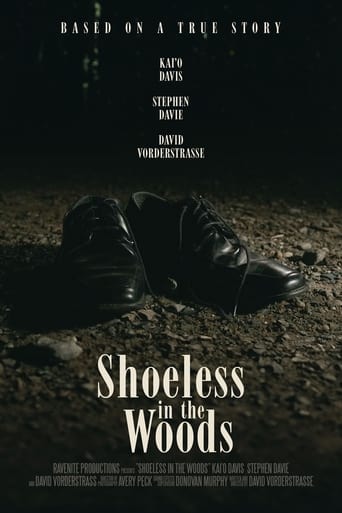
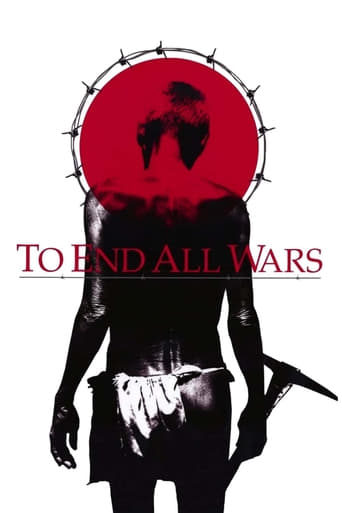
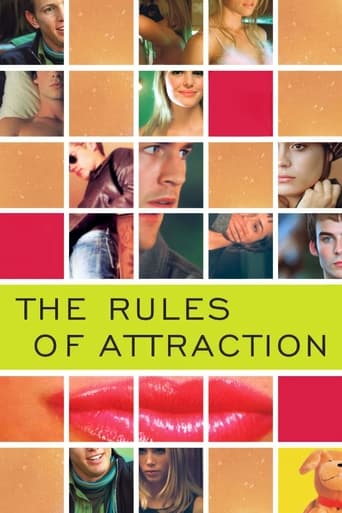
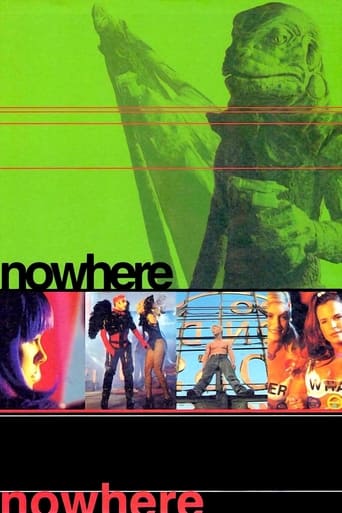
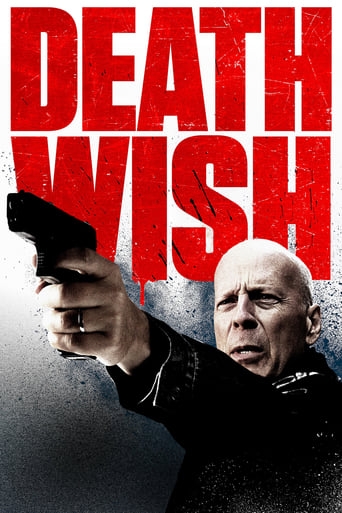
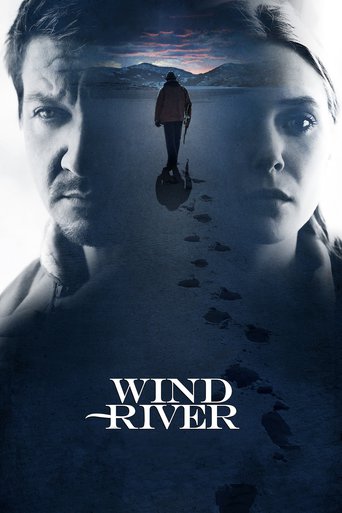
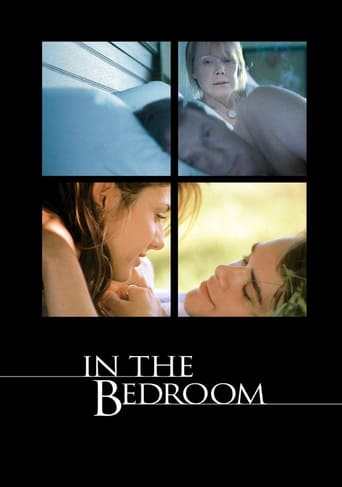
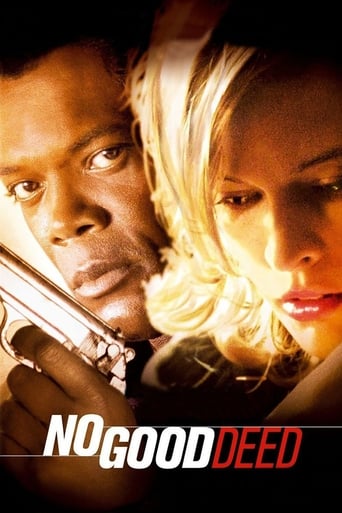
Reviews
I agree wholeheartedly with the other 2 or 3 people here who were unpretentious enough to be honest and not a lemming. Horrible, and I do mean horrible, acting. The Bandit was so annoying - what's with the unbelievable maniacal laughing and hopping about? Boring. Boring. Boring. Yes, yes. I GET the point of the movie. The premise is interesting but this film is just plain bad. So bad it's laughable. Honestly, if the acting was wasn't so over the top reminiscent of silent film overacting, it would've been at least palatable for me. I do not get the appeal.
The main reason Rashomon is such a classic is due to it ( much like Citizen Kane ) being one of the first movies to use a non linear way of storytelling, using flashbacks in order to tell a story from different subjective perspectives. Which results in a fascinating storytelling experience.It is also an effective tale about the human nature to lie, and about the human nature of selfishness, as all of the stories in the movie differ in a way that favors the one telling it. No character is truly likeable, but that's the way Kurosawa wanted it to be. They do not have to be likeable as long as they are well developed, and that it is. The characters are telling the story to an unseen Judge behind the camera, basically telling it to the audience themselves. There are no definite answers, as it all comes down to the human nature to lie. There is minimal dialogue as Kurosawa understood the beautiful cinematography and the faces could speak for themselves. It is both an effective visual and psychological experience.One of the couple of gripes, however, is a couple of overacting sequences, ridiculous hysterical yelling that seemingly comes out of nowhere ( Especially by everyone's favorite Toshiro Mifune, who in all other ways, was brilliant ), and the relatively short running time.However, all in all it makes Rashomon an effective and revolutionary movie due to its non linear concept, and is definitely up there as another one of Kurosawa's masterpieces in his extraordinary career.
I recently had a conversation with one of my friends about how much we liked films shot in a forest in black and white. It seems that forests and art-house cinema go hand in hand (i.e. SEVENTH SEAL, MARKETA LAZAROVA etc.) Of these RASHOMON may be the earliest, popularizing the setting through avant-garde techniques that would seem audacious even if made today. Breaking continuity, pointing the camera directly at the sun, constantly tracking from beneath twigs and branches. At times the cinematography appears almost impressionist, blending the characters into the background, literally forcing man to become a part of nature. This immersion of man into nature comes at a point when we are expecting excitement and action. Entering a flashback prefaced by horror and death, Kurosawa instead decides to spend 3 minutes tracking a woodsman as he wanders through the forest. In one of the most brilliant sequences I have ever seen put to film, Kurosawa introduces man at its most honest, alone, and unassuming. When the woodsman stumbles upon the deceased samurai, his hands are splayed upwards, mirroring the branches that framed the woodsman previously. All of this acts as a preface to Kurosawa's exploration of the folly of mankind through lies, manipulation, and hyperbole. The very nature of film is to exaggerate and embellish characters by placing them into easily understandable categories of protagonist and antagonist. Here Kurosawa exposes this by retelling the exact same narrative 3 different ways, with each character placing themselves as the murderer, only pretending to be in control of their own actions. It is only until the 4th version, where the woodsman appears to tell the "truest" version of this story, exposing how fragile these people really are. Note that I say truest since his story is the only version of the events that are revealed to be an outright lie because of the exclusion of the bejeweled dagger. When we witness the fight sequence between the samurai and Tajomaru, the bandit, the first time it appears well choreographed like an elaborate dance number, with Tajomaru noting that he fought honorably and crossed swords 36 times. When we see the fight scene the second time, however, it is much more barbaric and fearful. The fright appearing through the slight trepidation on Mifune's hand during the battle. This dissonance between the perceived "noble" samurai and the brutality of war would be explored 4 years later in Kurosawa's own SEVEN SAMURAI. Many times throughout the film institutions based on trust and the unknown are explored, such as the priest and the medium. Their reliance only affirmed by the others' willingness to believe them. The film ends with a man stealing a blanket from a baby. When confronted by the priest he affirms his actions by shouting that we are no different from dogs. Selfishness is the only thing that provides for self-preservation and you can't trust anybody but yourself. This idea shatters the priests faith as this solipsistic notion puts all of mankind at odds against itself, painting a backdrop of war and conflict as a continuation of false bravado and self aggrandizement. At this point when the axeman tries to take the baby off of the priest's hands he is met with hostility as there would be no way to trust a bandit with the fate of a small child. It is not until the bandit reveals that he already has 6 other's that the priest reaffirms his faith by allowing himself to believe a complete stranger. Although this may seem like a tacked on happy ending, the film has set us up to assume that we cannot put our trust in anything but our own perceptions. The bandit could very well be lying to the priest and kidnapping the child for alternative reasons. Like the religion the priest blindly follows, mankind is an institution that we have to either commit to fully or not at all.
Akira Kurosawa's Rashomon for the time would had looked like an experimental film about unreliable narrators and recounting an incident through different viewpoints and flashbacks.In 17th century feudal Japan, some men take shelter from the rain they discuss a murder which took place recently. A notorious bandit (Toshiro Mifune) catches a glimpse of a woman's face (Machiko Kyo) travelling with her wealthy samurai husband (Masayuki Mori) and pursues them both. The husband does battle with him and is killed with his body discovered by the woodcutter.At the bandit's trial, all the witnesses which includes the victim speaking through a medium give different accounts of what actually happened that day, a lot of it is contradictory.The film shot in black and white is far from the historical sagas the director was known for, it is a simple story with a small cast that leaves you flummoxed with the different perspectives regarding the murder. Maybe Kurosawa was making a point about the justice system where people can see the same incident and come to different conclusion as well as indirectly wanting to show themselves in a better light.The film is thought provoking and for Kurosawa a relatively short one but it has aged, with the acting looking a tad overcooked. The film also has a strange soundtrack which is basically Ravel's Bolero.

